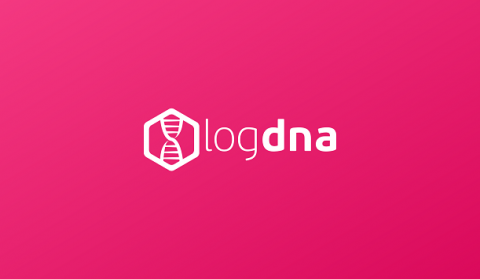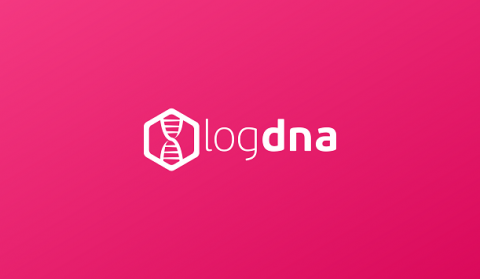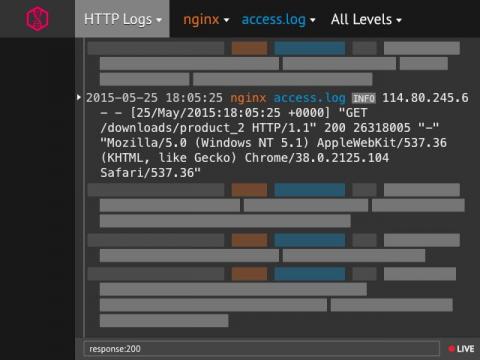LogDNA Announces $25 Million Series B Investment Led By Emergence Capital
Stan Lee believed in the power of strength in numbers, that a group working together can create a force so powerful it’s unstoppable; from “X-Men” to “Avengers”, these teams had a pioneering spirit, heroic work ethics, and group thinking that surpasses individual brainpower almost every time. Today marks that day when the LogDNA superhero team becomes even stronger. I’m excited to announce that we have closed our Series B round of financing.





